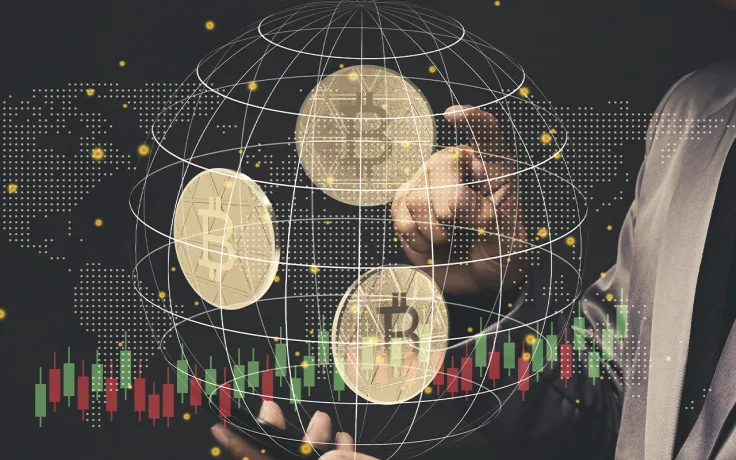
The notorious supply shock that some investors were afraid of and some awaited just came closer as the illiquid supply shock ratio has been moving up in a sharp uptrend since the beginning of the year.
What is a supply shock, and why does it matter?
Supply shock is an unexpected spike in the demand for a commodity or an asset that highly overexceeds the available supply. In terms of commodities, supply shock is usually considered a negative thing that often plays out against consumers.
Vertical accumulation on $BTC continues https://t.co/pmq8MOW28b?from=article-links
— Zhu Su ?? (@zhusu) March 18, 2022
But in case of digital assets like Ethereum or Bitcoin, we could consider a supply shock to be a good thing for investors as it often leads to a spike in an asset's value.
Illiquid Bitcoin supply
As Blockware analyst Will Clemente noted, Bitcoin is being constantly absorbed by entities with a history of low spending of their BTC. If the major part of the supply is being held by wallets that tend to hold BTC instead of spending it, the available supply for new traders will decrease over time.
According to data provided, the average volume bought by traders and investors decreased over time because of both the price increase of the digital gold and the decreasing supply.
Another factor that directly affects the size of the illiquid supply on the market is the exchange outflow rate, which remained relatively high for BTC in the last few months as whales finally redistributed the majority of their holdings at the top.
At press time, Bitcoin trades at $40,610 after spiking by more than 4% yesterday. But despite the positive short-term performance, the first cryptocurrency still moves in the ascending rangebound formed since the middle of February.

 Vladislav Sopov
Vladislav Sopov Dan Burgin
Dan Burgin